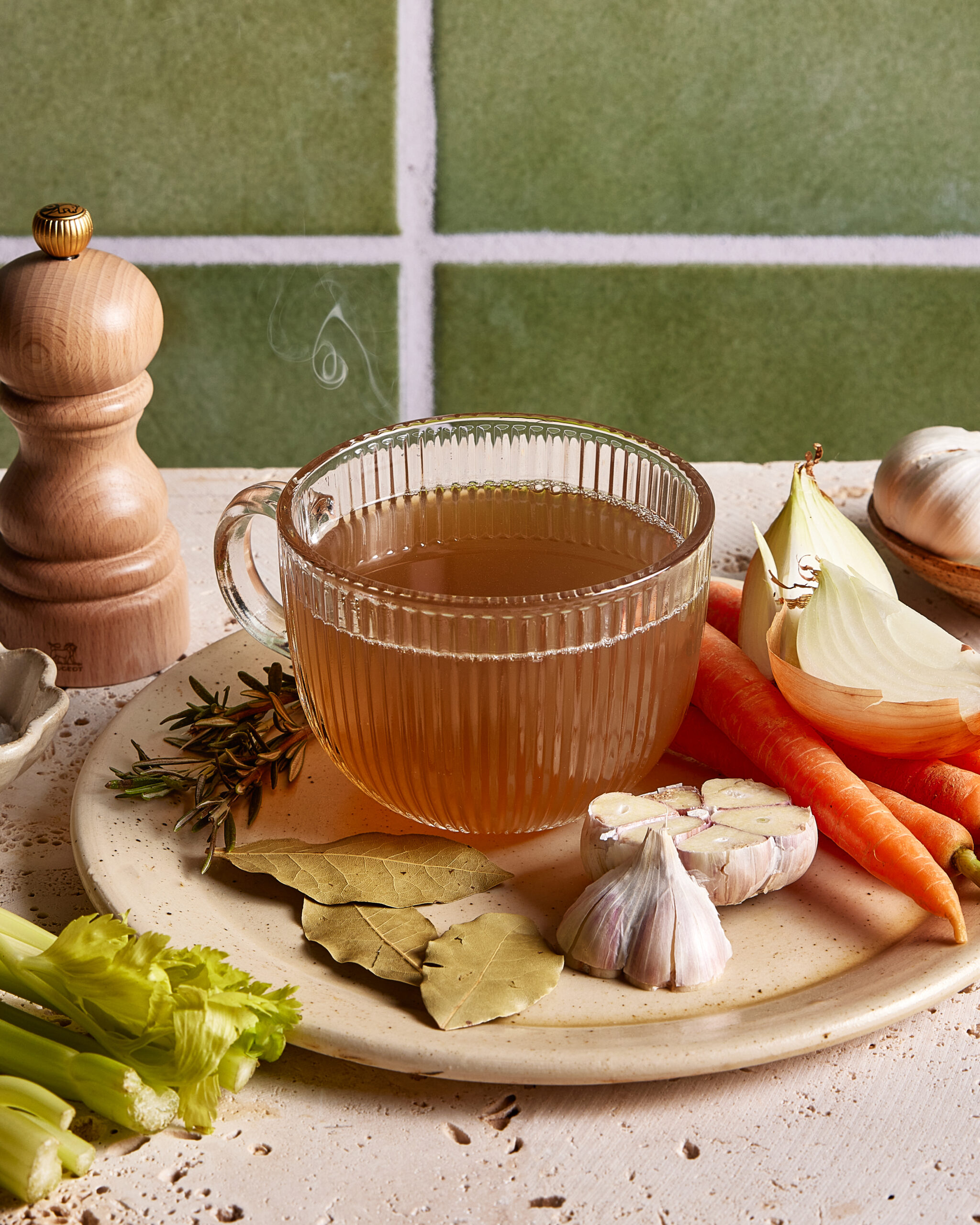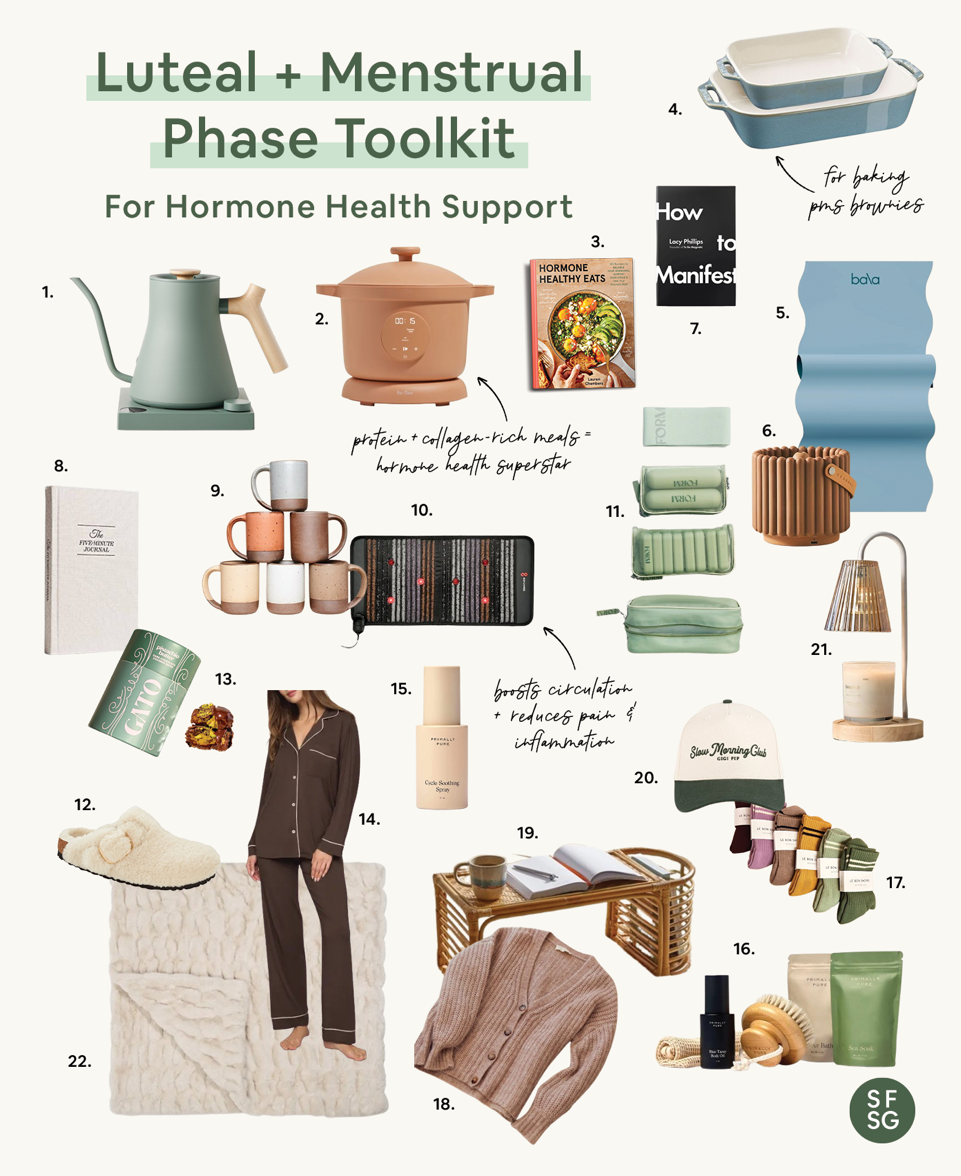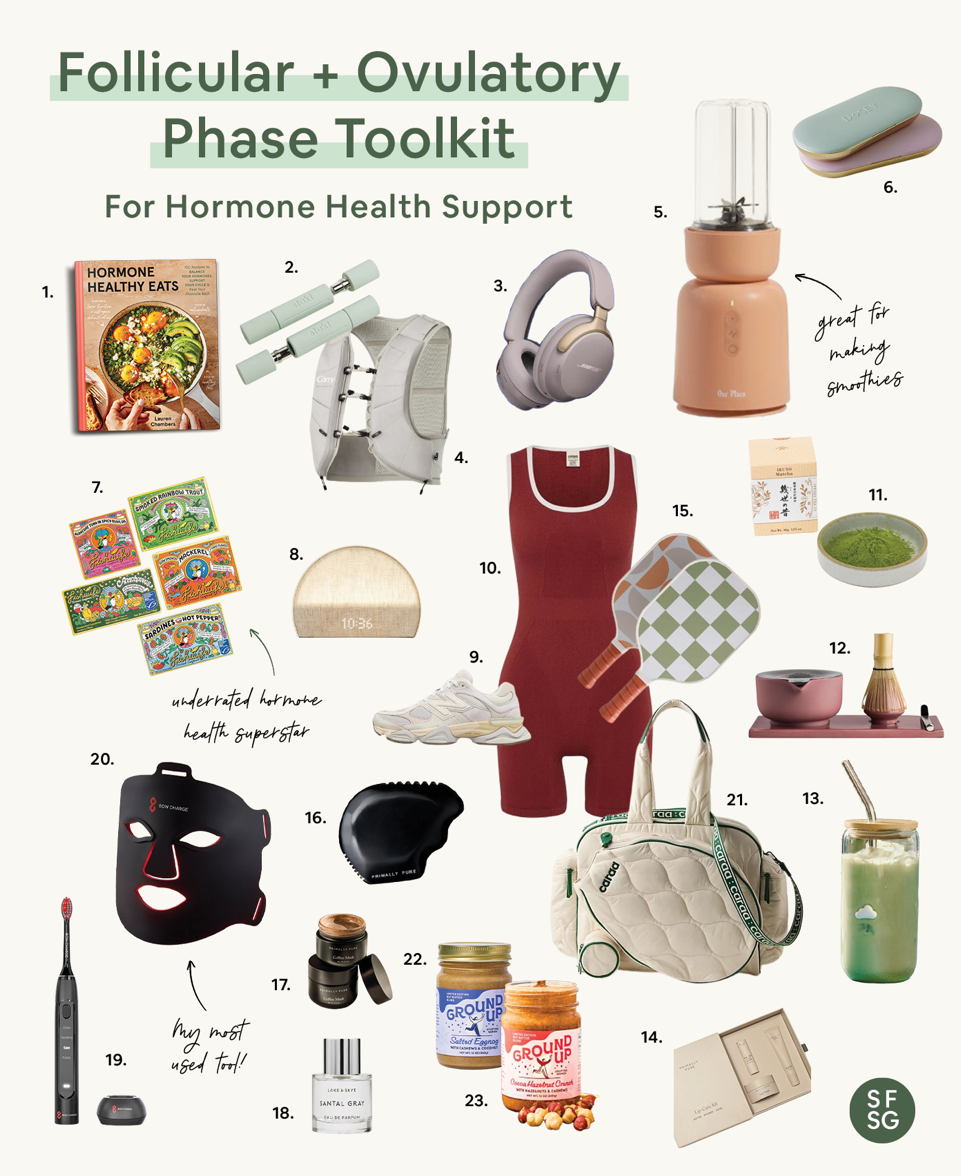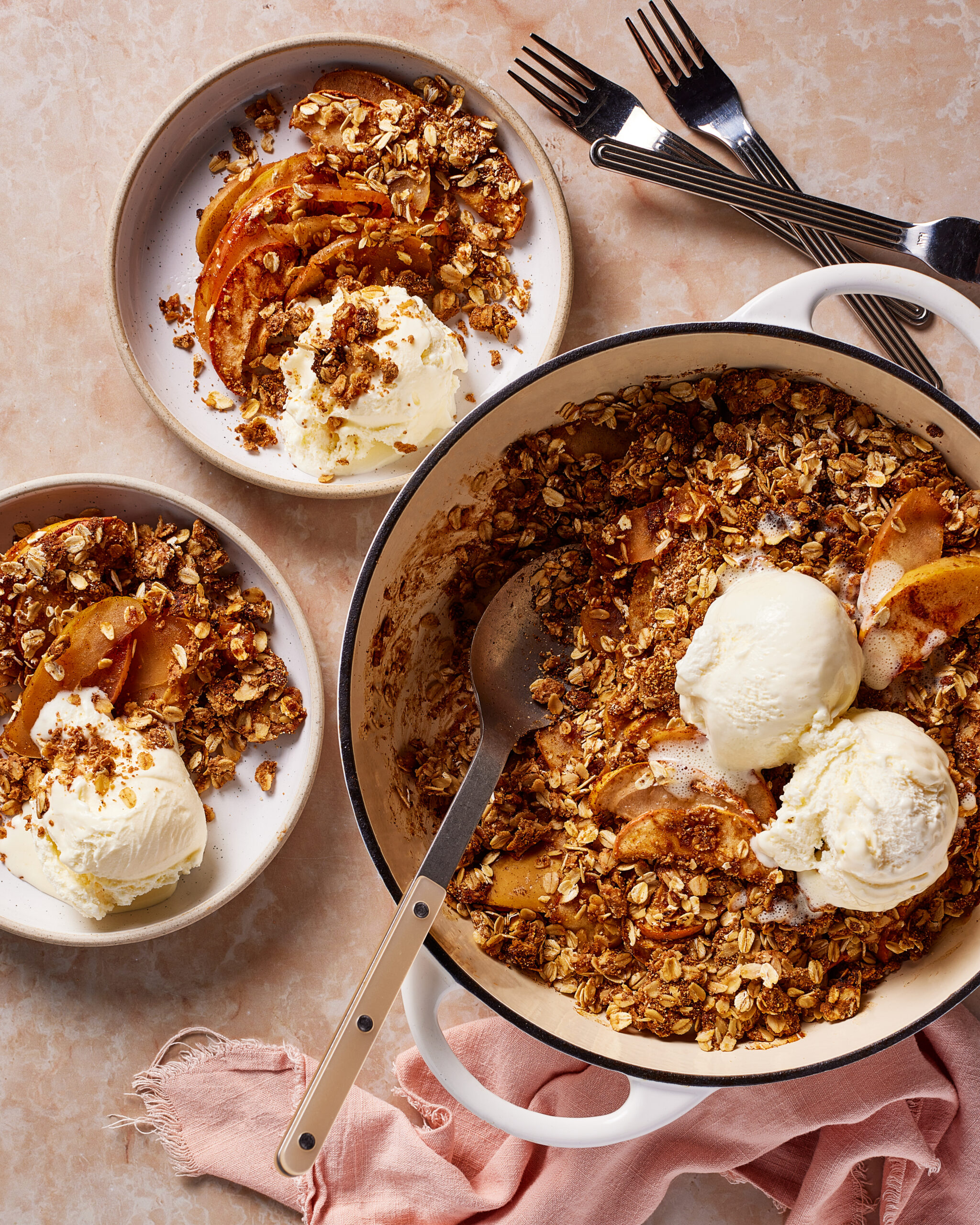recipes
lifestyle
wellness
motherhood
mindset
About
E-Books
Blog
Freebies
partnerships
hi, i'm lauren!
hey there!
I’m on a hot mission to help you balance your hormones & live your best life.
categories
Home
Quiz
Get In Touch
The Course
search:
Cookbook
Recipe key
GF
VG
P
Vegan
Gluten Free
Paleo
DF
Dairy-Free
download now
Join Hormone Healthy Eats!
Become a SFNSG insider to get my monthly Substack, Hormone Healthy Eats! Packed with the latest hormone-healthy recipes
+ tips.
jump to recipe >
MENTAL HEALTH AWARENESS
May is #mentalhealthawarenessmonth, and I’ve been taking this opportunity to share more of my personal struggles, mood-boosting recipes and stress-reducing tips.
That’s because mental health is crucial for overall health and happiness, which is my ultimate hope for you (and the driving force behind my business and why I do what I do).
Because when we’re in alignment and healthy on a physical, mental and emotional level, we’re able to show up as our best selves, positively impacting everything and everyone around us.
Pretty important, right?
However many of us are struggling in this area, with anxiety disorders affecting over 40 million adults, and one in ten of the 20 million diagnosed with depression currently taking an anti-depressant.
Personally, it’s taken me years to get to a place where I feel comfortable and confident in both body and mind, and I didn’t come by it easily.
So I thought it might be helpful to share some of my personal mental health journey, as well as some of the action steps that helped me get to a place of feeling my best.
I also think it’s important to contribute to the mental health dialogue, so others feel safe in sharing their struggles and know they’re not alone. Where there’s vulnerability, community and connection, shame can’t survive, so let’s continue to remove the stigma around it, shall we?!
Read on for a bit more of my personal journey, along with the specific steps that help me keep my mental health game strong.
DISCLAIMER — As a Nutrition + Hormone Health Practitioner, it is not within my scope to diagnose disease or prescribe medications, rather to help clients address the root cause of their symptoms and offer holistic guidance to heal. This post’s intention is to simply share my own story and the patterns that had both a negative and positive impact on my mental health in the hopes you or your loved ones feel supported, empowered and inspired to keep the mental health conversation open and ongoing.
MY PERSONAL MENTAL HEALTH JOURNEY — THE BEGINNING
While my family has a long history of depression and mental health issues, I guess you could say my journey (aka struggles) with mental health began in the fourth grade.
Strangely I don’t remember this, but my parents began taking me to a psychologist after I started telling them consistently I didn’t want to live any more.
However I DO remember having some serious OCD issues, ranging from getting upset if people messed up my bed to walking around the house each night to ensure all of the doors were locked and nothing was placed on the heaters (so it wouldn’t catch on fire).
So I went to the psychologist for about a year and things seemed to improve. I continued on with my seemingly normal adolescent life, and pretty much forgot the whole thing had taken place until I entered college.
COLLEGE + MENTAL HEALTH
From an outsider’s perspective, I probably looked like I was having the time of my life during college. I was going to school at Arizona State University, had joined a popular sorority, made a ton of new friends, and when I wasn’t in class spent my time either sunbathing by the pool or using a fake ID to hit up the clubs.
And while I did have my fair share of fun, I also experienced some of my darkest moments where I felt completely lost, anxious, hopeless and alone. In addition I began to experience some severe gut pain, and went to see a therapist and gastroenterologist to help me address both issues (diagnosed depression and IBS accordingly).
MY DESTRUCTIVE MENTAL HEALTH ACTIONS
During this time period I can vividly remember wondering if I would EVER feel better (and desperately hoping to).
Of course now looking back it’s easy for me to connect the dots as to why I was feeling so awful in the first place.
Here’s a few of the actions that contributed to the deterioration of my mental health —
+ Binge-Drinking/Alcohol
This should come as no surprise as alcohol is labeled a depressant, but I would still drink most nights until I blacked out. This would leave me with a wicked hangover and unbearable shame/anxiety as friends would tell me the embarrassing things I did that I had no recollection of. I’d often times hole up on the couch by myself, feeling lonely and consoling myself with a pint of Ben & Jerry’s.
Now as a hormone health practitioner I understand that drinking also inhibits neurotransmitter function, specifically those that help us actually feel good like serotonin (our happy hormone), GABA (our relaxation hormone) and Melatonin (our sleep hormone). AKA it suppresses the very chemicals that help us feel happy.
+ Extreme Dieting + Processed “Health” Foods
During this time I also had a very unhealthy relationship with food and my body. Not to say this doesn’t happen everywhere else, but at the time leaving a small town in Washington to attend a massive school in Arizona had exposed me to a whole new world of skinny, beautiful, rich girls. I suddenly never felt good or pretty enough and constantly questioned my self-worth.
So I tried to exert some control over these feelings by becoming as skinny as possible. I craved the feeling when people told me I was too skinny or needed to gain weight, to me it was the best compliment I could receive.
I maintained a low weight by skipping meals (or replacing them with alcohol), working out excessively and living off of processed “health” foods (aka low calorie, portioned, nutrient void frankenfoods such as protein bars, Lean Cuisines, fat-free popcorn or yogurt, “healthy” cereals, etc.)
Replacing real, nutrient-dense foods for sugar + chemical-laden processed ones completely disrupted my gut microbiome, which we now know is intricately connected to our brains via the vagus nerve. In fact, there are over 100 million nerve cells in your GI tract that send signals to your central nervous system and vice versa, and much of your neurotransmitter function (such as feel-good serotonin) is produced in your gut. Thus an optimal balance of gut bacteria is absolutely crucial for mental health function.
+ Imbalanced Hormones
This excessive drinking, dieting and working out caused disruption in my gut microbiome, my mental function and my hormones as a result.
I began to have issues with sleep, which is critical for optimal mental health and performance. I was prescribed Ambien, which would work like magic for a few hours, until I’d find myself wide awake at 4 am stuffing my face with Cliff Bars because of sweet cravings.
I also stopped menstruating (for two years) which is referred to as Amenorrhea (i.e. the absence of at least three periods in a row). This is a problem because your reproductive glands aren’t functioning properly, a surefire sign there is a disruption in your hormones and body’s balance.
Specifically, you’re not ovulating, which is correlated with the release of progesterone, your calming and relaxation hormone. Low progesterone can lead to a variety of unpleasant symptoms as well as Estrogen Dominance, which is directly linked with moodiness, brain fog and depression.
*If you suspect you may have an underlying hormonal imbalance, take this quiz to discover more*
Knowing what I know now, it all makes perfect sense. Not only was I genetically predisposed to mental health disorders, but my lifestyle factors were throwing my body and brain completely out of balance.
MY MENTAL HEALTH BOOSTERS
Okay, so now that we covered the not so fun stuff, it’s time for some good news.
As I mentioned earlier in this post, I’ve never felt more on top of my mental health game. And while it’s been a long road and culmination of experiences to get me to where I am now, I can confidently attribute my mood + brain function to the following actions.
+ A Variety of Real, Nutrient Dense Plants + Foods
While every person’s situation and mental health journey is so different, I can say from my experience, both professionally as a nutrition + hormone health practitioner and personally as someone who has struggled with mental health issues, what you eat and drink is one of the most powerful ways to influence your mood, your stress levels and your mental wellbeing.
Switching my diet from one laden with ultra-processed, low-calorie foods to one abundant in a variety of plants (veggies + fruit), wild-caught seafood and pasture-raised, grass-fed animal protein and prebiotic/probiotic rich foods such as fermented coconut yogurt, miso, apple cider vinegar, lentils, etc. has completely repopulated my gut microbiome with healthy bacteria. And as I mentioned earlier, a healthy gut microbiome is crucial to brain function and overall health.
If you want to learn more about this, stay tuned, because next week’s blog post will cover more specific foods and recipes I’ve used to boost my mood and mental health.
+ Drinking Water (and limiting Alcohol)
People who know me now are always commenting on how much water I drink, but I think in college I maybe drank 1-2 glasses of water a day (and the rest of my liquid consumption was alcohol).
This is problematic for optimal mental health, as about 75% of your brain is composed of water and when dehydrated, it actually shrinks in volume. Studies show if your brain drops even 2% in body water, you may suffer from short-term memory, experience problems with focusing and have trouble with calculations.
+ Supplement Where Needed
While the goal is to get as much nutrients as possible from the food I eat, sometimes my body just needs a little extra support, especially when it’s thrown off balance and needs to get back on track. These are my personal favorites, as well as those I commonly refer to clients struggling with stress, anxiety, hormonal imbalances or depression.
+ Methylated B Vitamins (especially B12) — These are the “nervous system vitamins” due to their role in synthesizing neurotransmitters, DNA and myelin, which maintain and protect the cognitive functions of the brain (FYI if you’re on or have recently taken hormonal birth control, it drastically depletes your b-vitamins leading to mood and fertility issues) . I recommend this brand.
+ Probiotics — As you learned earlier, you can’t have a high functioning brain without a high functioning gut. An altered gut microbiotia is directly associated with depression, anxiety, obesity, heart disease, type 2 diabetes, alzheimer’s and other neurological disorders. Taking a high-quality probiotic helps your good gut bacteria to proliferate, positively impacting the brain and every other function in your body.
+ Vitamin D3 — it’s thought as much as half the population is deficient in this vitamin, which is responsible for creating new neural connections and deficiencies lead to symptoms like brain fog and depression.
+ Omega-3 fatty acids — Studies have shown a deficiency in omega-3 fatty acids leads to many inflammatory related diseases, including depressive disorders. If you’re not eating cold-water fish 3x per week (which let’s be real most of us aren’t) I recommend taking a supplement.
+ CBD — CBD contains active compounds called cannabinoids that interact with our endocannabinoid system (aka almost every system in our bodies) helping to balance and regulate everything from our neurotransmitter and mitochondrial function to inflammation and metabolism. I used CBD sourced from hemp, which contains very low levels of THC (under 0.3%) so I get the amazing anti-inflammatory and stress + anxiety-reducing properties of cannabis without the high.
Read this post to get the full scoop on CBD (as well as what you need to look for in brands before purchasing). I love the brand Soul Addict and you can use my code sa_lauren20 to save 20% off your first purchase.
Want more supplement recs? Make sure to tune into next week’s blog post!
+ Exercise
Exercise causes your brain to generate more nerve growth factors, which are important to maintain and repair brain cells and connections. It’s been proven exercise helps to increase brain function and enhance neurogenesis, which means that every time you exercise you’re creating new brain cells that help to relieve depression!
Once I shifted my mentality around exercise from something I forced myself to do to lose weight to something I enjoyed doing that helped me release tension, relieve stress and feel good in my body, exercise became a critical tool for my performance and mental health.
+ IRL Connection
Due to social media and today’s internet-driven world, often times we forget (or forgo) connecting in person, which is perhaps the most important of them all!
Science has proven that hugging has mental and physical health benefits, including negating a bad mood. Another study found people who were hugged more frequently had less severe signs of illness when exposed to the common cold (a form of physical, bodily stress).
I know this one can be tough as we tend to draw inward when we’re not feeling well, but making IRL (in real life) connection and affection a part of my weekly wellness routine has made all the difference in my health and happiness.
+ Self-Awareness
This is something I really work on with all of my clients, as you can’t change what you’re not even aware of. Tapping into what your body and brain truly needs is one of the most impactful forms of self-care.
I work on this daily, especially when I notice I’m getting trapped in a story that is hurting instead of helping (i.e. I’ll never be good enough, comparing myself to others, etc.)
Being able to pin-point these thoughts and then approach them with curiosity (rather than judgement) has been a game changer for me. I often ask “what is vs. what if” and notice most of the time I’m stuck in “what if” mode (i.e. future-tense, anxiety-driven) rather than “what-is” mode (i.e. the present moment and what is ACTUALLY happening).
So my “what if” mode might be something along the lines of “Oh man I have this workshop I’m feeling unprepared for and I’m going to blow it big time and it will be so embarrassing” and from there transitioning to “what is” mode where “Okay the reality is I’m laying in bed right now, none of this is actually happening and it’s ALL in my head.”
BOTTOMLINE
While these action steps have been instrumental in keeping my (and my client’s) mental and overall health game strong, keep in mind it doesn’t happen overnight. It took me many years and working with a number of healers and supporters (therapists, coaches, workshops, daily practice and consistency) to get to where I am now.
Also while I feel great now, please also know I’m nowhere near perfect (and striving for perfection is not sustainable nor attainable). I still face daily struggles just like everybody else, but I feel so much more empowered knowing I have the tools to deal with them head on.
If you or someone you know and love has been feeling crummy (whether it’s a mild, every day brain fog or anxiety and depression) I encourage you to look at what you’re fueling yourself with on a consistent basis, both mind (thoughts, social media, toxic relationships, etc.) and body (food, water, medications or pills, etc.)
While there are a number of factors to consider, those listed above are not to be ignored, and could be the missing piece if you or a loved one have tried everything else and nothing seems to be working.
Sending you all the good vibes and thinking of you out there struggling. I see you, I hear you and I’m HERE for you. If you think this post could have a positive impact on someone you care about PLEASE SHARE, or shoot me a message — hello@sofreshnsogreen.com — with specific questions or more topics you feel you could benefit from.

If you loved that...

01.

02.

03.

04.

05.
hey!
Keep Browsing
Site
Keep Browsing
Site
the
about
e-books
blog
downloads
quiz
Welcome friend, I'm lauren.
I’m honored to support you on your journey to optimal hormone health + happiness. Thanks for being here babe.


